- Home›
- Healthy Living›
- 7 Major Symptoms Of Protein Deficiency
7 Major Symptoms Of Protein Deficiency
By: Priyanka Maheshwari Tue, 07 May 2024 5:34:32

Protein is super important for our bodies. It helps fix tissues, fights off sickness, and keeps our muscles strong. Even though most people in developed countries get enough protein, some groups like vegetarians, vegans, older folks, and those with certain health issues might not get as much. It's crucial to know the signs of not getting enough protein. These signs can range from feeling weak to having trouble healing wounds. Understanding these signs can help us make better food choices to stay healthy and strong. Let's explore some common signs of not getting enough protein and what we can do about it.

# Muscle Deterioration and Weakness
One of the most evident indicators of insufficient protein intake is muscle deterioration and weakness. As protein is crucial for maintaining and repairing muscles, a lack of it can result in muscle wasting, weakness, and diminished muscle functionality. Those experiencing protein deficiency may struggle with physical tasks, notice decreased strength, and encounter muscle fatigue.
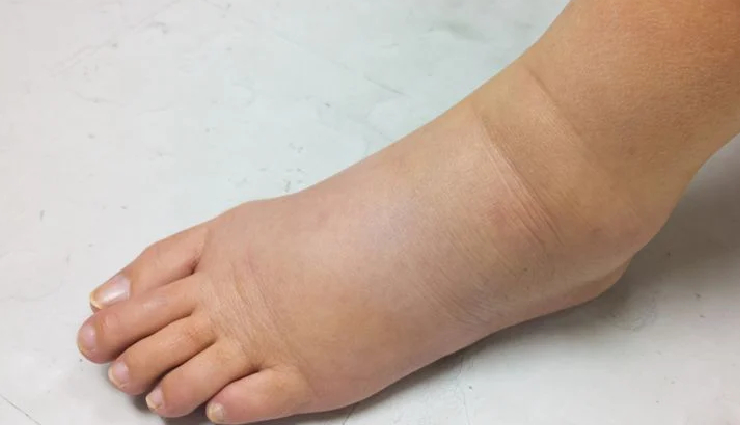
# Swelling (Edema)
Protein is pivotal for regulating fluid balance within the body. Inadequate protein levels can cause fluid retention in tissues, leading to swelling, known as edema. This swelling often occurs in areas like the feet, ankles, hands, and abdomen. In severe instances, edema linked to protein deficiency can impact lung function, resulting in breathing difficulties.

# Alterations in Hair, Skin, and Nails
Protein deficiency can manifest in changes to hair, skin, and nails. When protein is insufficient, the body may prioritize its allocation to vital functions, leaving fewer resources for non-essential tissues such as hair, skin, and nails. Symptoms of protein deficiency-related changes include brittle hair, hair loss, dry and flaky skin, and fragile or ridged nails.

# Persistent Fatigue and Weakness
Protein is integral for energy production, and inadequate intake can lead to persistent fatigue and weakness. In the absence of sufficient protein, the body may resort to breaking down muscle tissue for amino acids to fuel energy production, resulting in decreased muscle mass and weakness. Those with protein deficiency may experience ongoing fatigue, low energy levels, and difficulties with concentration.

# Delayed Healing of Wounds
Protein is essential for the repair and regeneration of tissues, including skin, muscles, and organs. Protein deficiency can impede the body's ability to heal wounds, injuries, and surgical incisions promptly. Individuals deficient in protein may encounter delayed wound healing, heightened susceptibility to infections, and challenges in recovering from injuries.

# Impaired Growth
Protein holds particular importance for growth and development in children and adolescents. Inadequate protein intake during growth phases can lead to inhibited growth and development. Children experiencing protein deficiency may demonstrate delayed developmental milestones, poor weight gain, and diminished muscle mass compared to their peers.

# Compromised Immune Function
Protein is crucial for producing antibodies and immune cells that safeguard the body against infections and diseases. Protein deficiency can compromise the immune system, heightening vulnerability to infections, illnesses, and chronic conditions. Individuals deficient in protein may experience frequent infections, protracted recovery periods from illnesses, and diminished immune responses to vaccinations.
10 Foods that are Good Sources of Protein
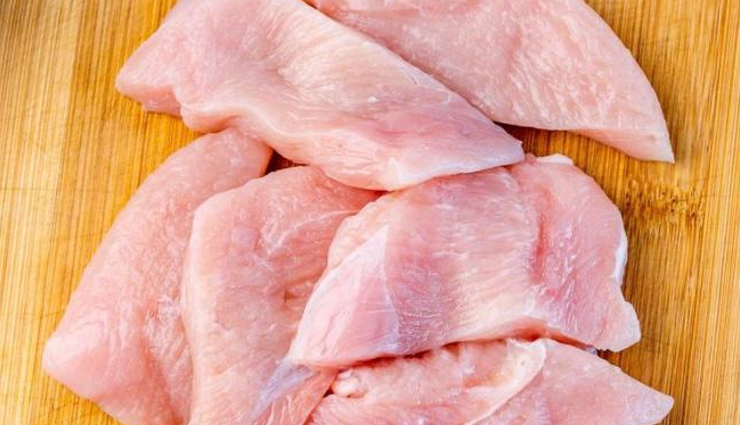
Chicken breast: When you enjoy a juicy grilled chicken breast, you're not just satisfying your taste buds – you're also giving your body a hefty dose of about 26 grams of protein in every 3-ounce serving. Talk about a muscle-friendly meal!
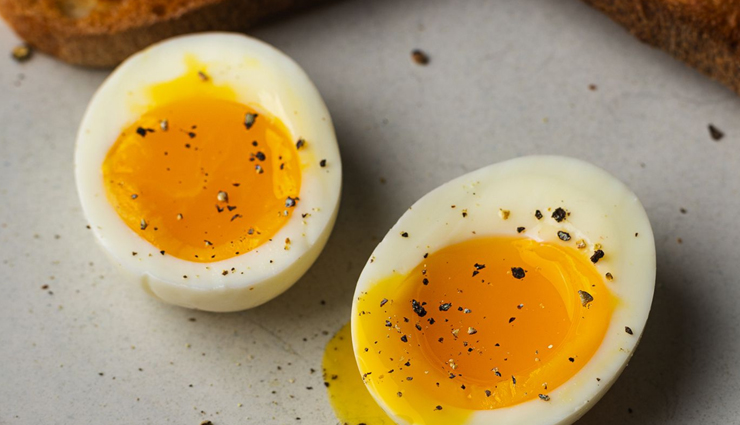
Eggs: Eggs are like little protein powerhouses! Not only do they pack in around 6 grams of protein per egg, but they also come with a bunch of other good stuff, like vitamin D and choline, which help keep your brain sharp.
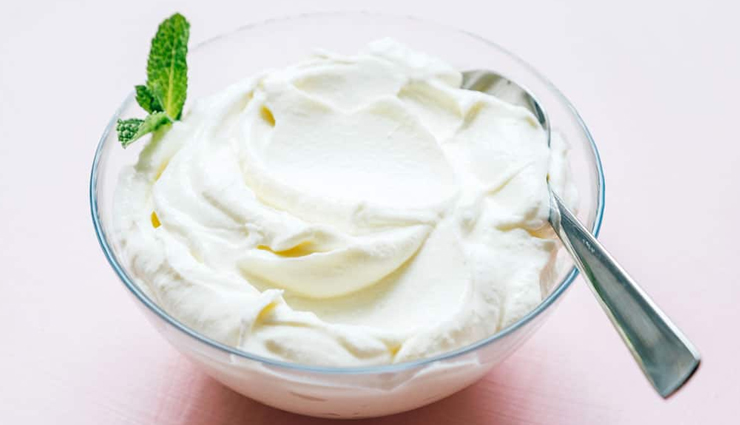
Greek yogurt: Have you ever tried Greek yogurt? It's thicker and creamier than regular yogurt, and it's packed with protein – about 17 grams in a 6-ounce serving! Plus, it's lower in lactose, so it's easier on the tummy for those of us with lactose intolerance.
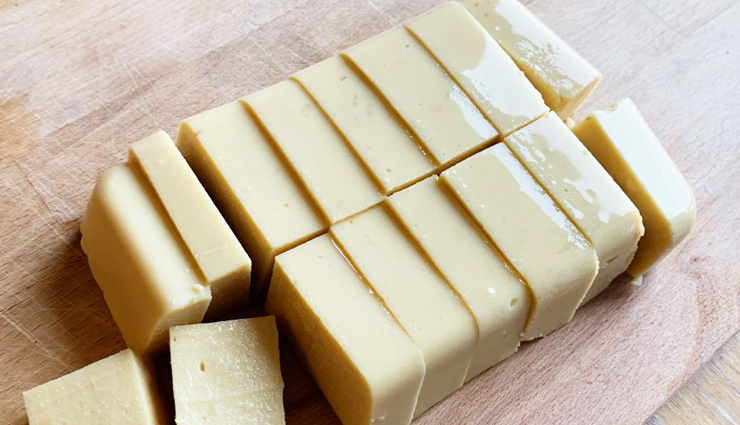
Tofu: Tofu might not sound exciting, but trust me, it's a game-changer in the kitchen! Made from soybeans, it's super versatile and can be used in everything from stir-fries to smoothies. Plus, it's loaded with protein and other good-for-you nutrients like calcium and iron.
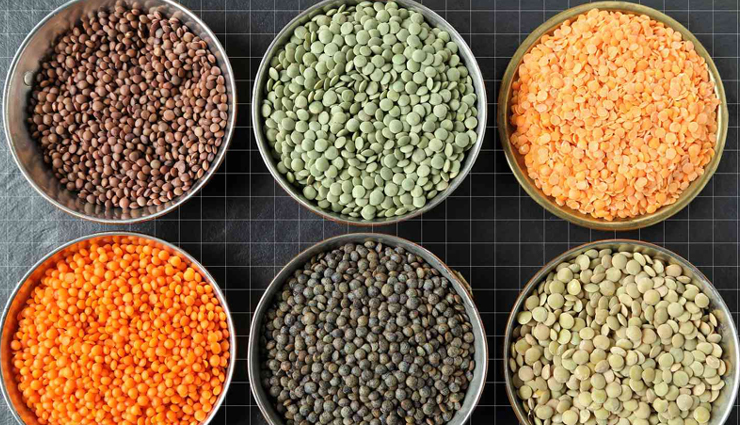
Lentils: If you're looking for a plant-based protein option, lentils are where it's at! Just one cup of cooked lentils gives you about 18 grams of protein, along with a hefty dose of fiber and essential nutrients like folate and magnesium.
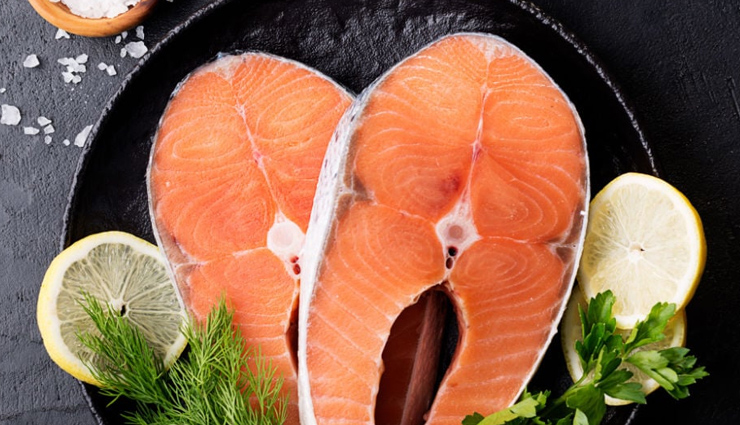
Salmon: Not only is salmon delicious, but it's also incredibly nutritious! Along with being a great source of protein (about 22 grams in a 3-ounce serving), it's also packed with omega-3 fatty acids, which are good for your heart and can help reduce inflammation.
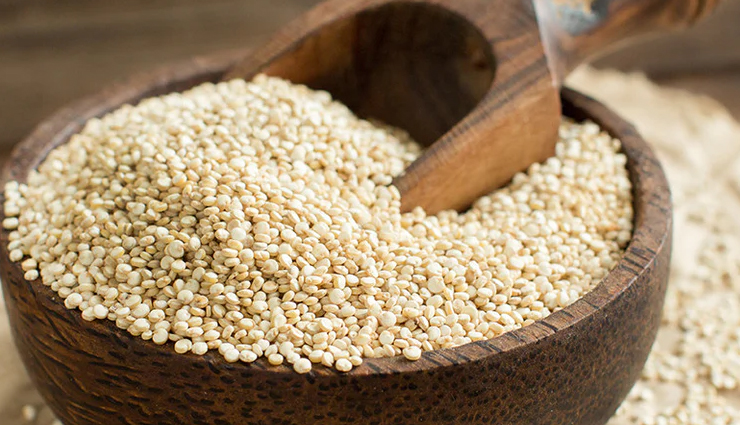
Quinoa: Quinoa is like the superhero of grains – not only is it gluten-free, but it's also a complete protein, meaning it contains all nine essential amino acids. Plus, it's loaded with antioxidants to help keep your body healthy and strong.
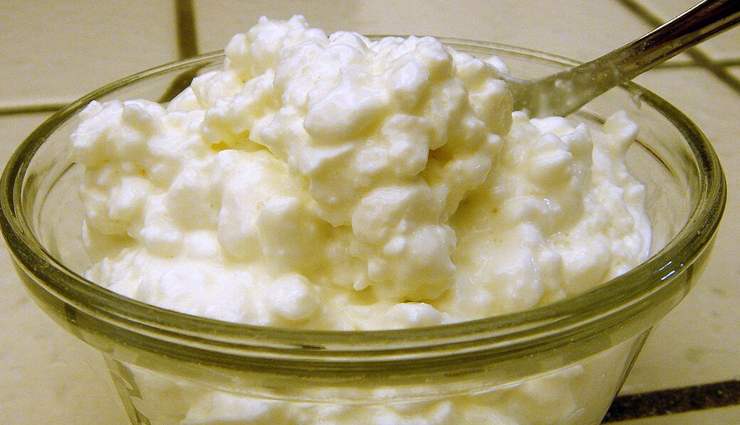
Cottage cheese: Cottage cheese might not be the most glamorous food out there, but it's definitely worth adding to your diet! With about 14 grams of protein in a half-cup serving, it's a tasty way to sneak in some extra protein and calcium.
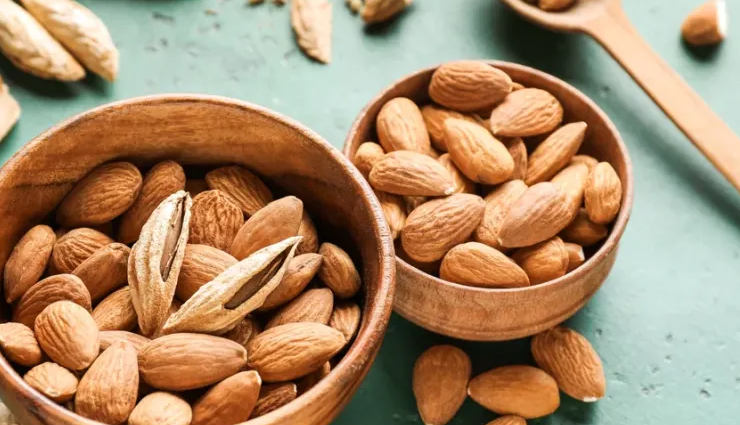
Almonds: Almonds are the perfect snack when you need a little protein pick-me-up! Just one ounce of almonds (about a handful) packs in about 6 grams of protein, along with healthy fats and fiber to keep you feeling full and satisfied.
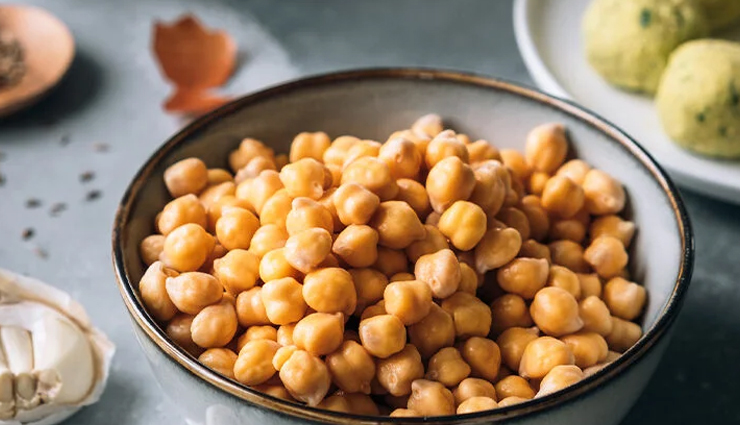
Chickpeas: Chickpeas, also known as garbanzo beans, are a staple in many cuisines around the world – and for good reason! Not only are they delicious, but they're also packed with protein (about 15 grams per cup) and fiber to keep your digestive system happy.





